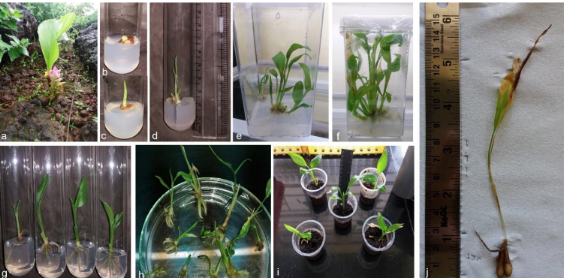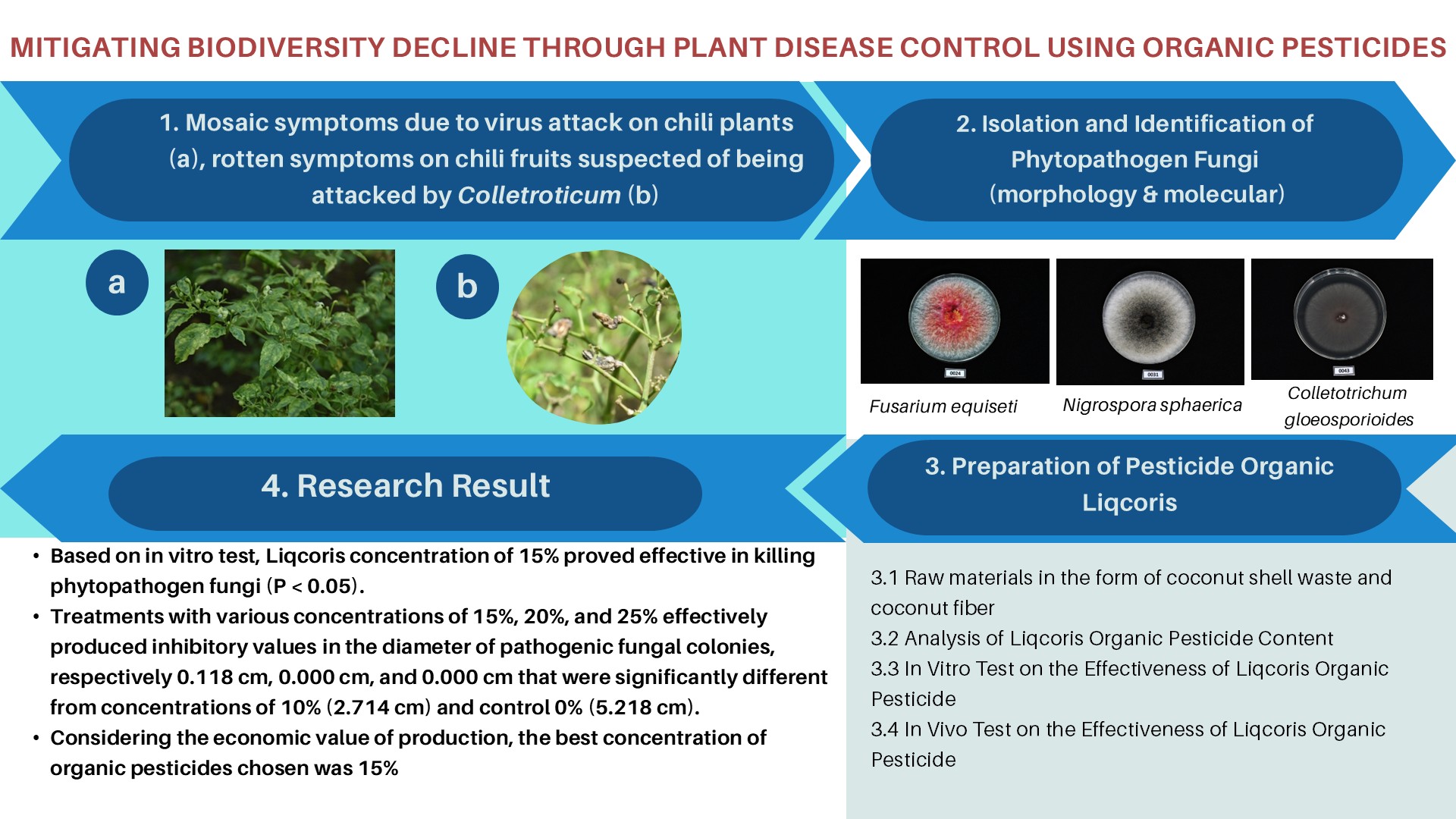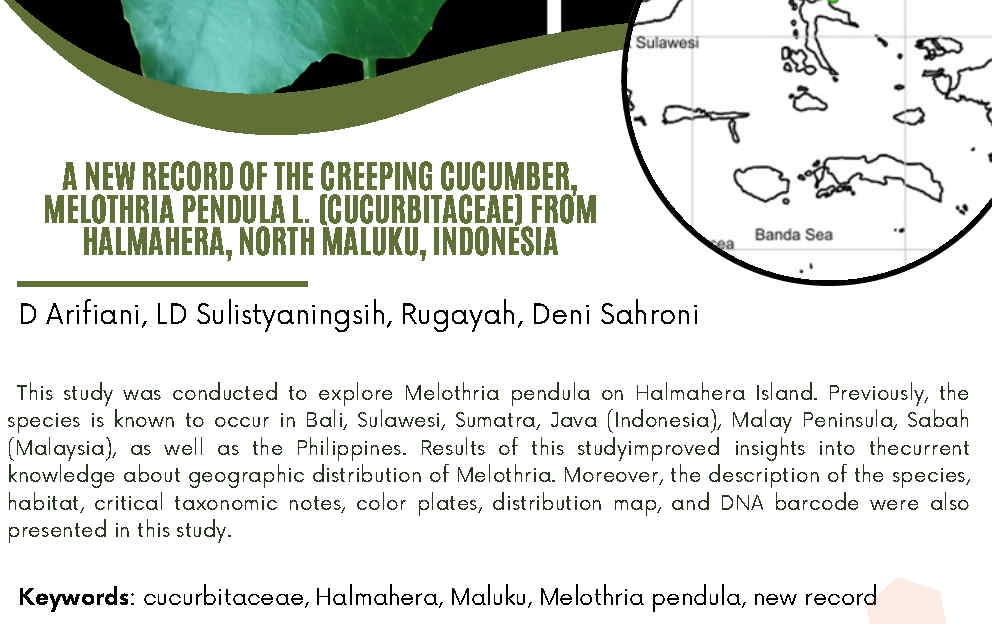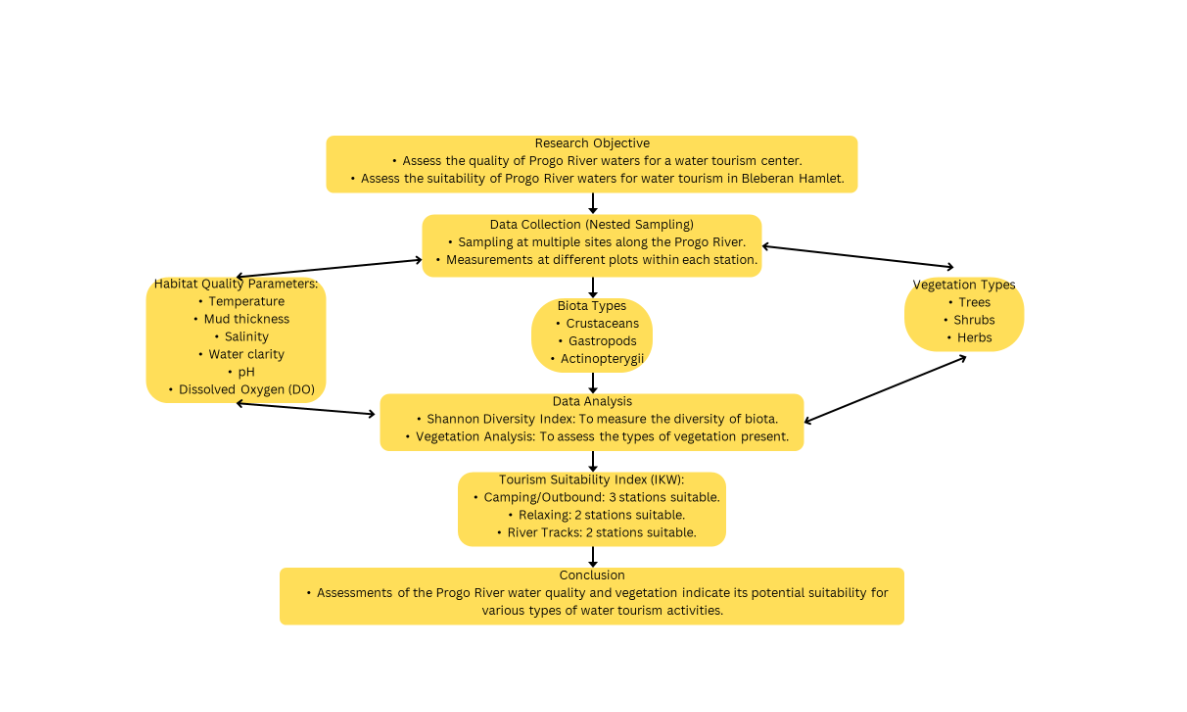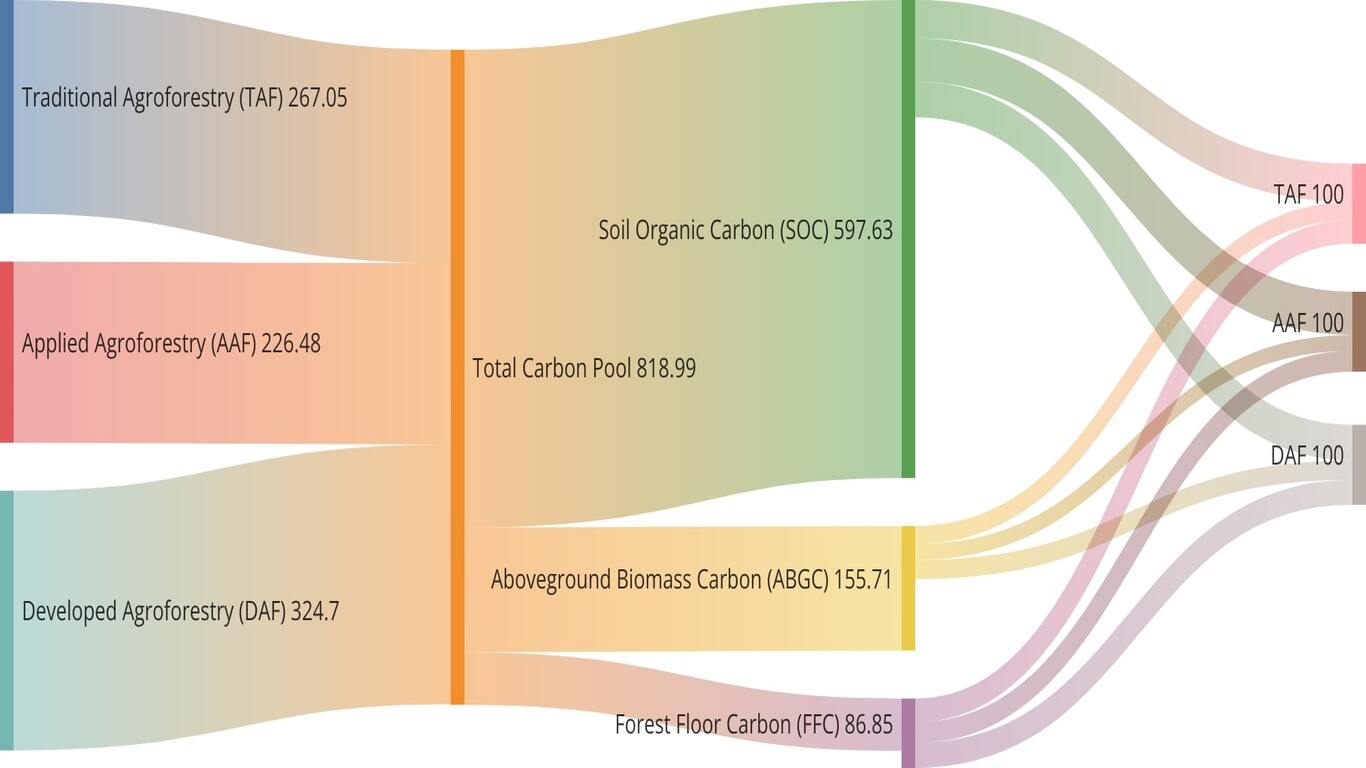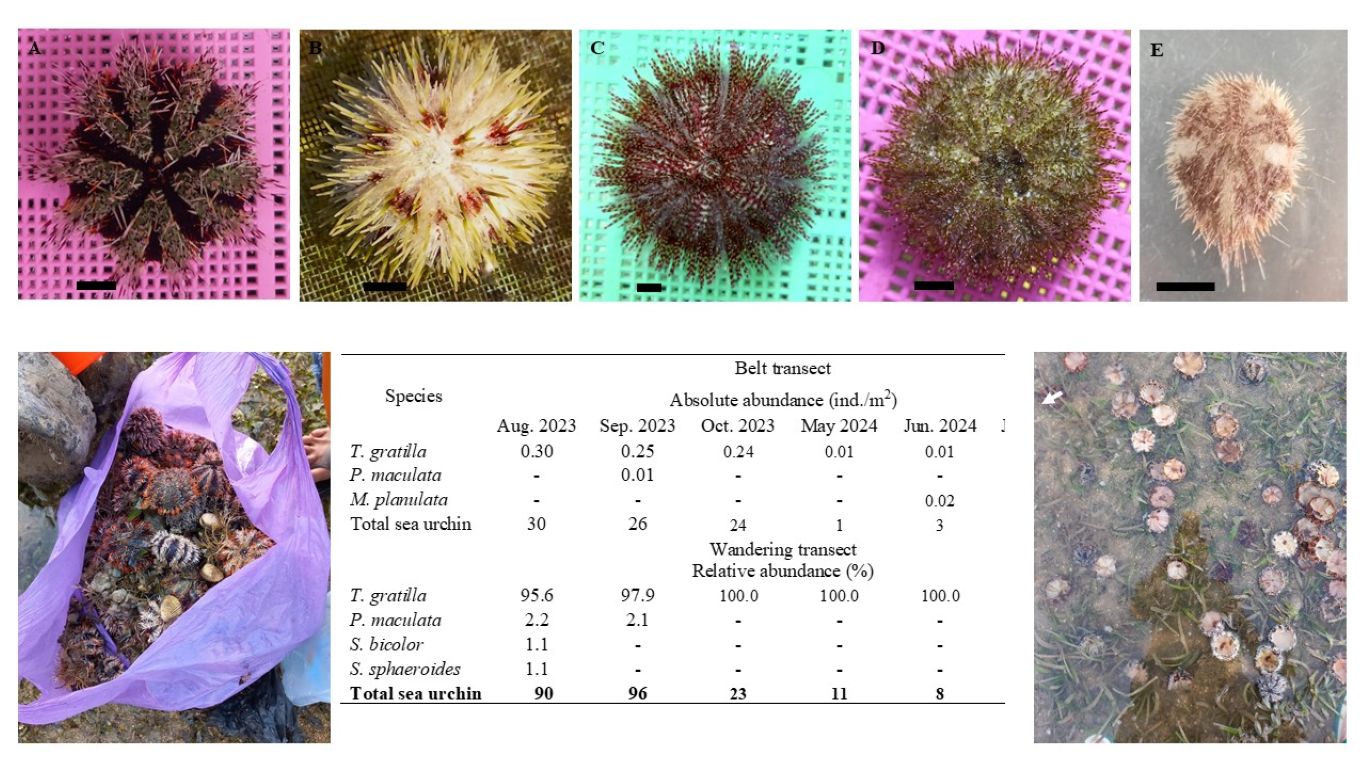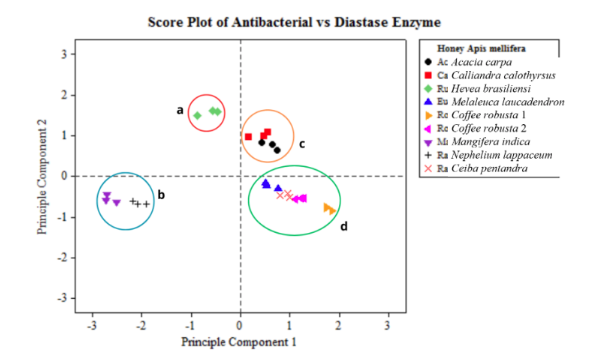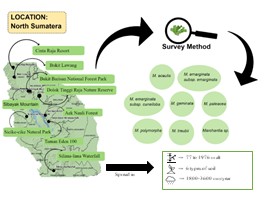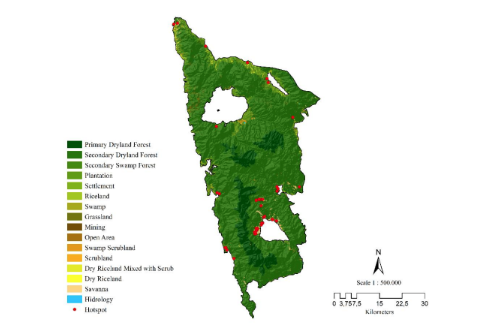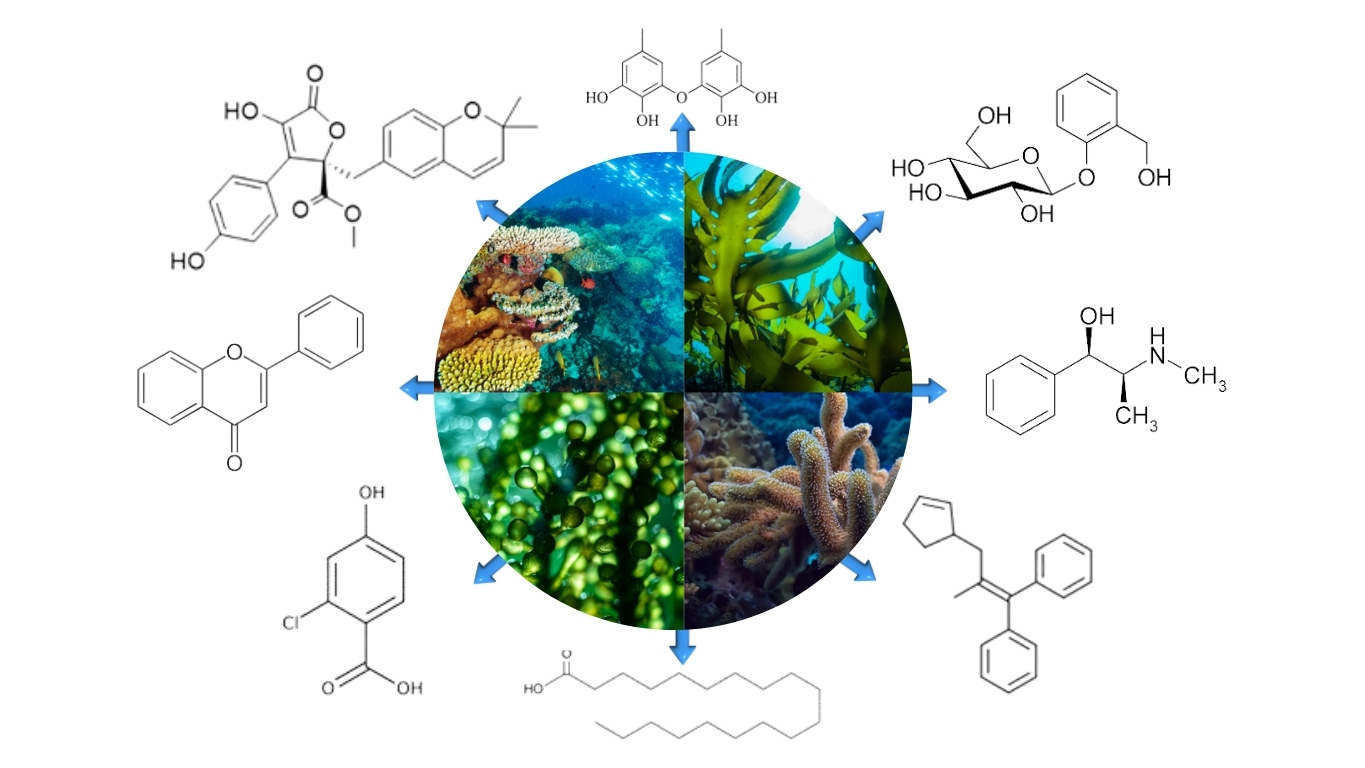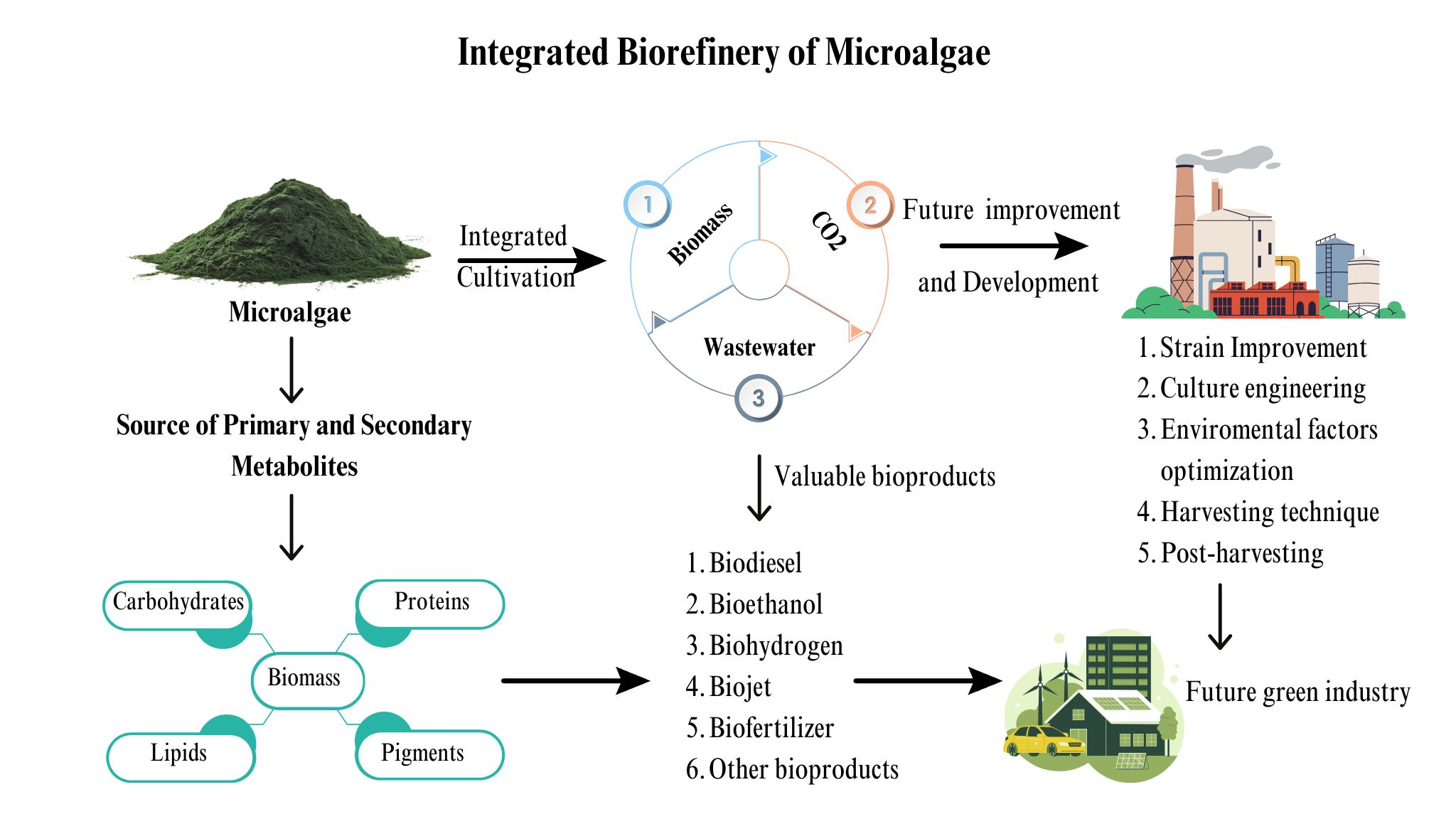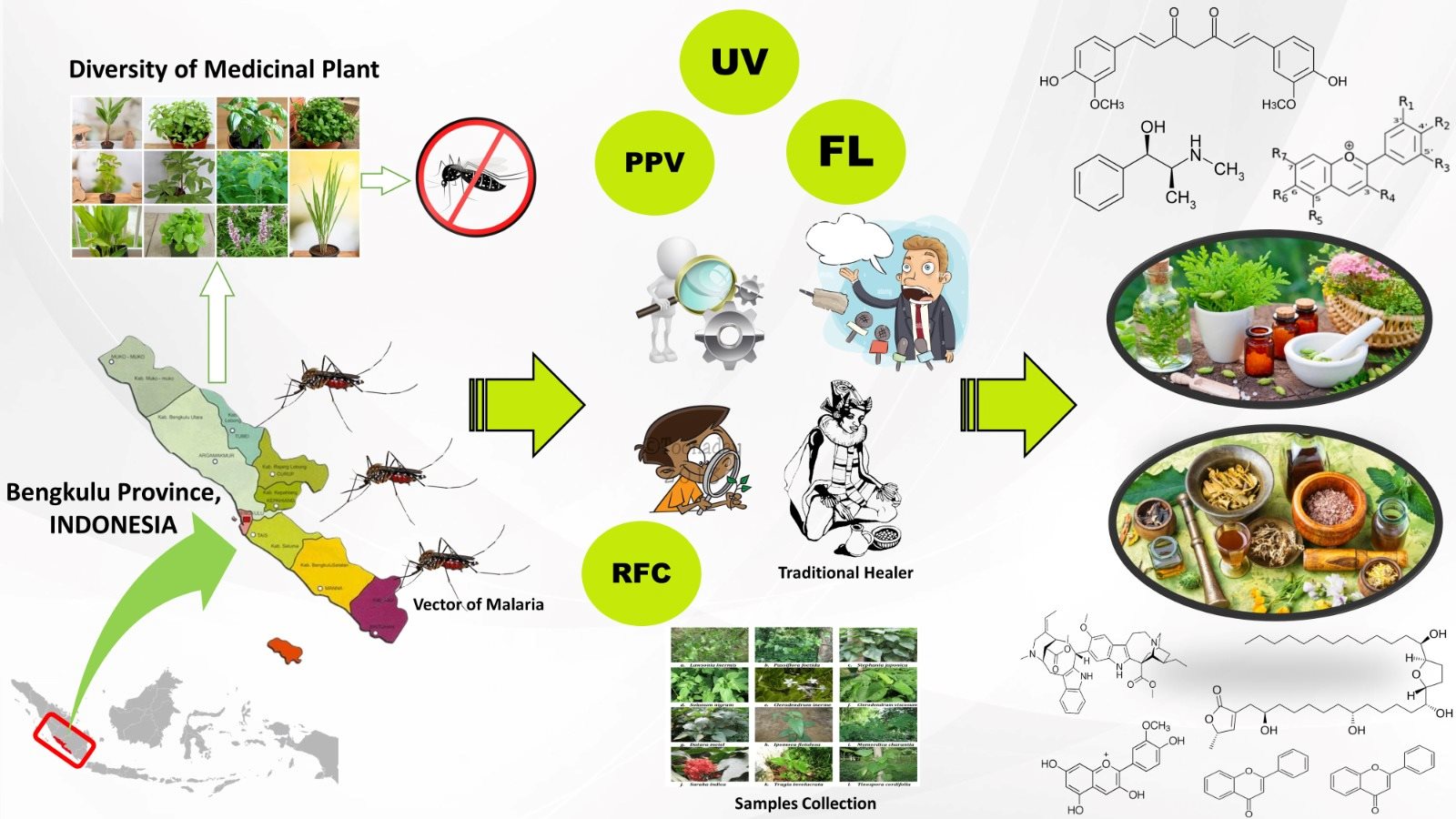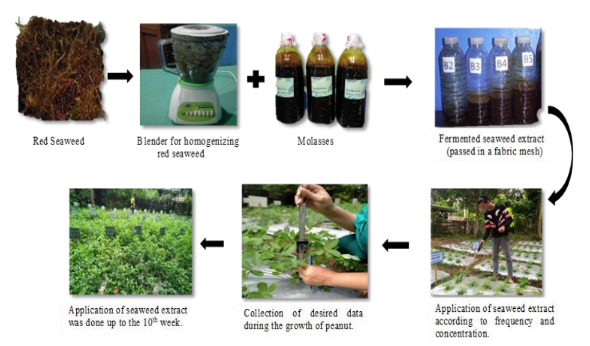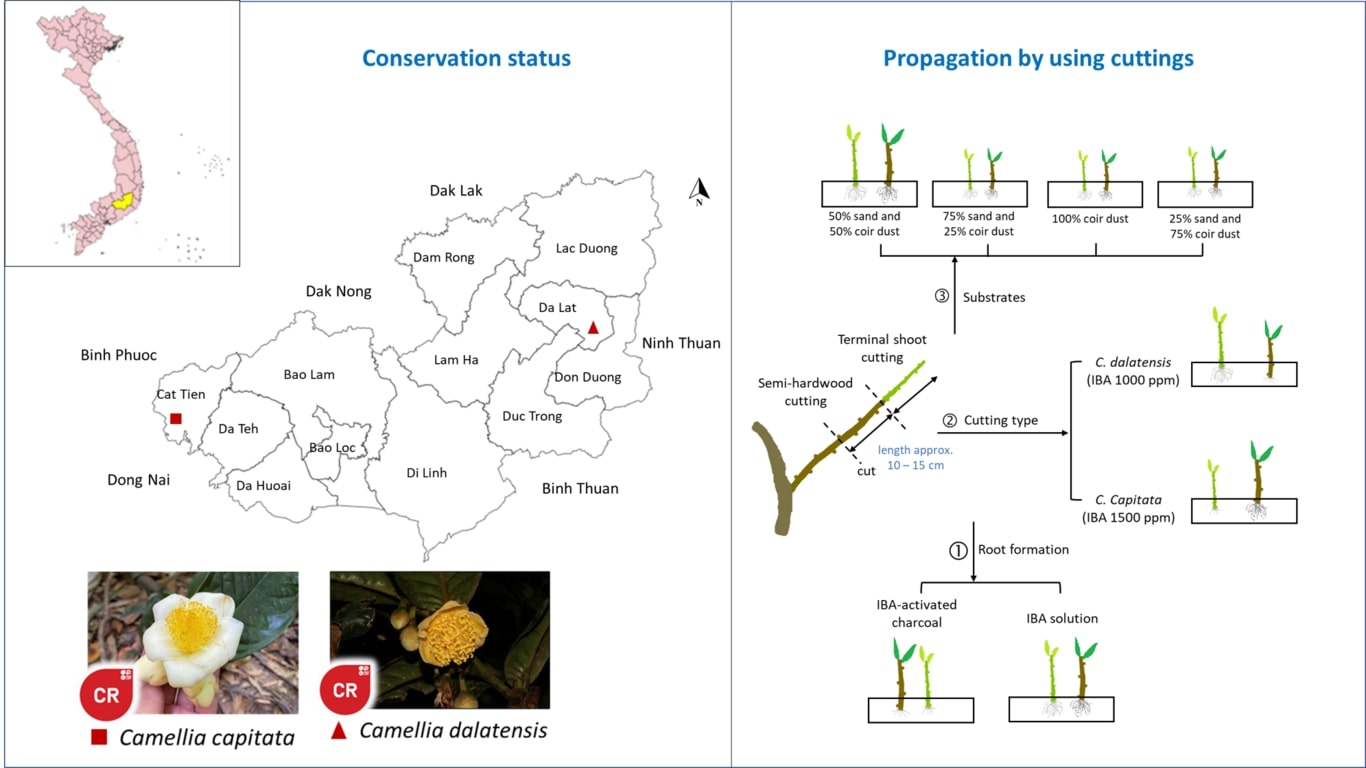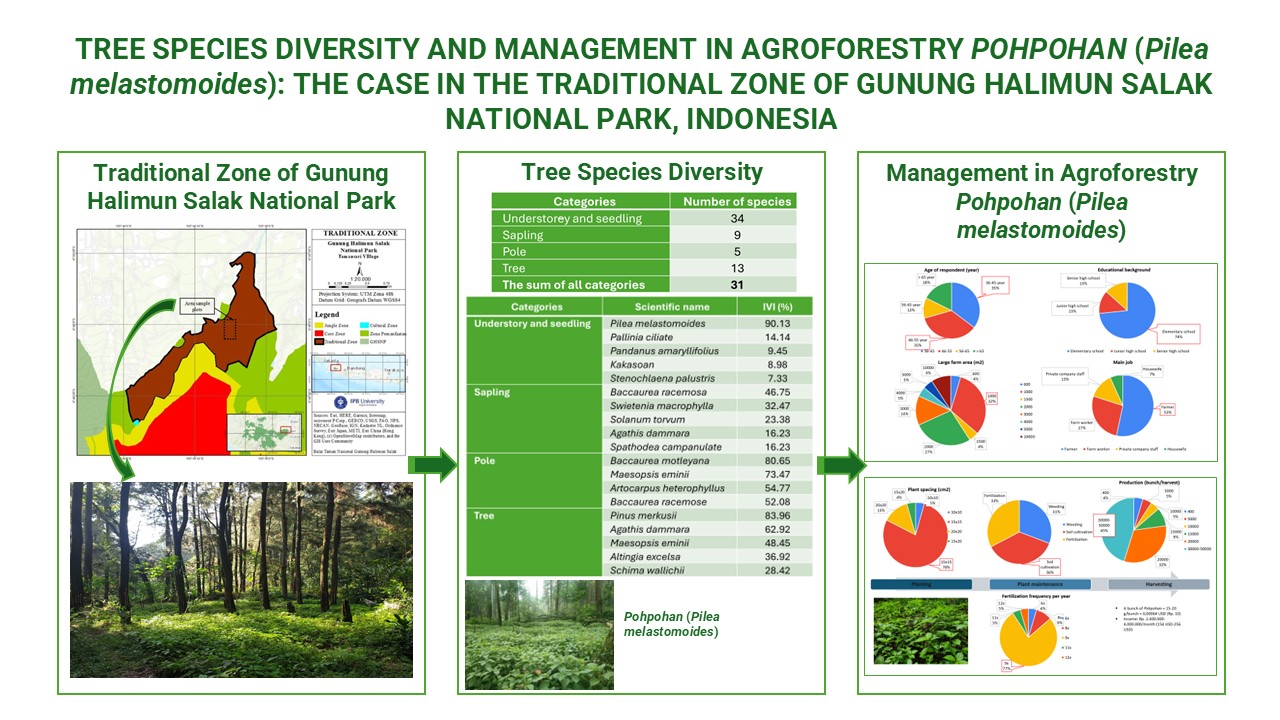ENVIRONMENTAL STRESS ON THE REPRODUCTION OF NON-HUMAN PRIMATES
Downloads
The aim of this review paper is to present some aspects of environmental stress, such as climate change and food limitation that could affect nonhuman primate population due to poor reproductive performance. The International Union for Conservation of Nature (IUCN) lists more than a third of world’s primates are critically endangered or vulnerable. Nonhuman primates, which are the closest biological relative to humans, are threatened with extinction from human activities and environmental stress. Deforestation is the main problem that intercalates with climate change. Either, indirectly or directly, those extinction factors are able to interrupt the physiological basis of reproduction in nonhuman primates. Many research on other species showed that high temperature or heat stress has a negative effect on reproductive performance by interfering the hypothalamic-pituitary-gonadal axis. Therefore, to conserve and prolong the survivability and sustainability of nonhuman primates in captive and wild nature, more works and research have to be done.
Downloads

This work is licensed under a Creative Commons Attribution-NonCommercial-NoDerivatives 4.0 International License.
Authors who publish with this journal agree with the following terms:
- Authors retain copyright and grant the journal right of first publication, with the work 1 year after publication simultaneously licensed under a Creative Commons attribution-noncommerical-noderivates 4.0 International License that allows others to share, copy and redistribute the work in any medium or format, but only where the use is for non-commercial purposes and an acknowledgement of the work's authorship and initial publication in this journal is mentioned.
- Authors are able to enter into separate, additional contractual arrangements for the non-exclusive distribution of the journal's published version of the work (e.g., post it to an institutional repository or publish it in a book), with an acknowledgement of its initial publication in this journal.
- Authors are permitted and encouraged to post their work online (e.g., in institutional repositories or on their website) prior to and during the submission process, as it can lead to productive exchanges, as well as earlier and greater citation of published work (See The Effect of Open Access).

